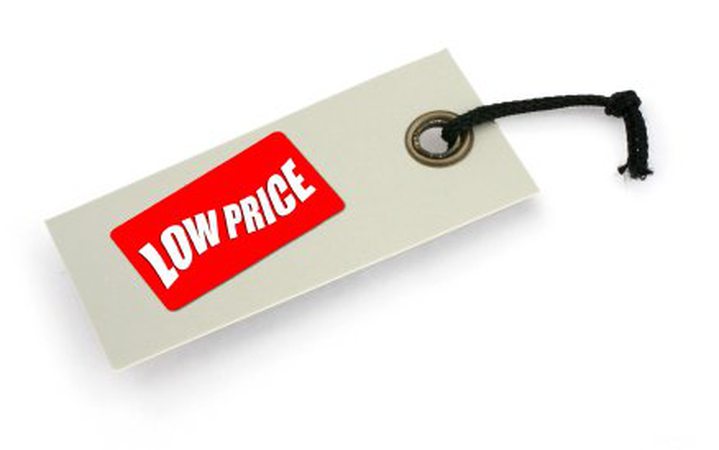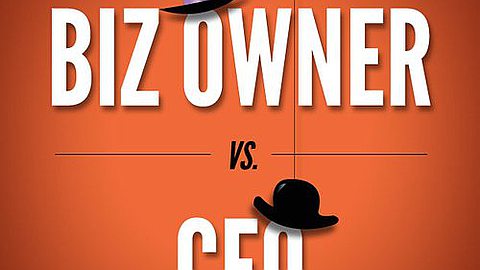Does a Low Price Mean Good Value or Bad Quality?

a cheap price equate to cheap quality?
Well, sometimes it does, and sometimes it doesn’t. Whether a shopper views a low price as an indication of shoddy quality or good value depends on many factors. As the season of ubiquitous “bargains” nears, it’s worth trying to understand why sometimes a low price causes shoppers to bite, and why other times consumers are scared off by an item because its price is just too-too cheap.
A forthcoming study in the Journal of Consumer Research tries to get to the heart of the issue, exploring what is described as “naïve theory.” Basically, because consumers can’t know everything about a product, we fill in the gaps with our own (naïve) theories to help us make decisions about whether the cheaply priced product is a terrific deal or a piece of junk.
How, then, do consumers come to one conclusion or another? Actually, sometimes they don’t. “Most people simultaneously believe that low prices mean good value, and that low prices mean low quality,” Steve Posavac, a professor of marketing at Vanderbilt University and one of the study’s authors, explained via e-mail.
Yet the study’s experiments show that consumers can often be coaxed into focusing more on value or quality. Our frame of mind affects which naïve theory we use to fill in the knowledge gap—and therefore also affects how we decide to buy stuff or skip it.
For example, in one experiment, participants were asked to read an article from a home-improvement website with tips on how to choose hardwood flooring. One group read an article that contained the following passage:
“Remember that more expensive does not always mean better. Take bamboo for example: it is cheaper than other exotic woods, but it is resistant to wear and very stylish. You need to consider your needs carefully in order to get ‘more bang for your buck.’ When the time comes for reselling, a good value for the price will guarantee a better return on investment than expensive products.”
It appears as if we’re highly susceptible to manipulation—or “priming,” if you will. Consumers who read that passage were more likely to perceive a low discounted price as equating to good value. A high product price, on the other hand, was viewed as an indication of poor value.
Whatever is going on in our heads can impact how we perceive a price, and whether or not we decide to buy something. “If a consumer has spent the morning struggling with finances, ‘value’ is likely to dominate that consumer’s thoughts for the rest of the day, and low priced products will be attractive because the ‘low price = value’ belief is likely to guide decision making,” explained Posavac. “In contrast, suppose a consumer has just had an experience with a product failing because of poor workmanship (e.g., a lawnmower, or a dishwasher). For this consumer, ‘quality’ is going to be top of mind, the belief that ‘low prices = poor quality’ will guide decision making, and this consumer will spend more on the purchase.”
That’s a fairly rational approach. What complicates things is that often, it’s marketing rather than personal experience or objective expert insight that’s priming us into thinking one way or another. Consumers who are subtly reminded of quality in an ad for wine tend to view pricey wine more favorably over an inexpensive alternative. Which wine would the consumer actually enjoy more? Who knows.
(Come to think of it, wine drinkers are especially prone to making their buying decisions for all sorts of odd reasons. In a previous study, consumers were more likely to say they liked a wine more and were willing to pay more for it when the bottle featured a hard-to-pronounce name. Go figure.)
The research, as well as years of experience, indicates that consumers are thoroughly primed to anticipate amazing values during the peak holiday shopping months of November and December. Understandably, the ads for Black Friday promotions and sales in the weeks ahead will be full of words like “bargain” and “deal” and, of course, “value.” The word “quality,” on the other hand, is likely to pop up less frequently.





